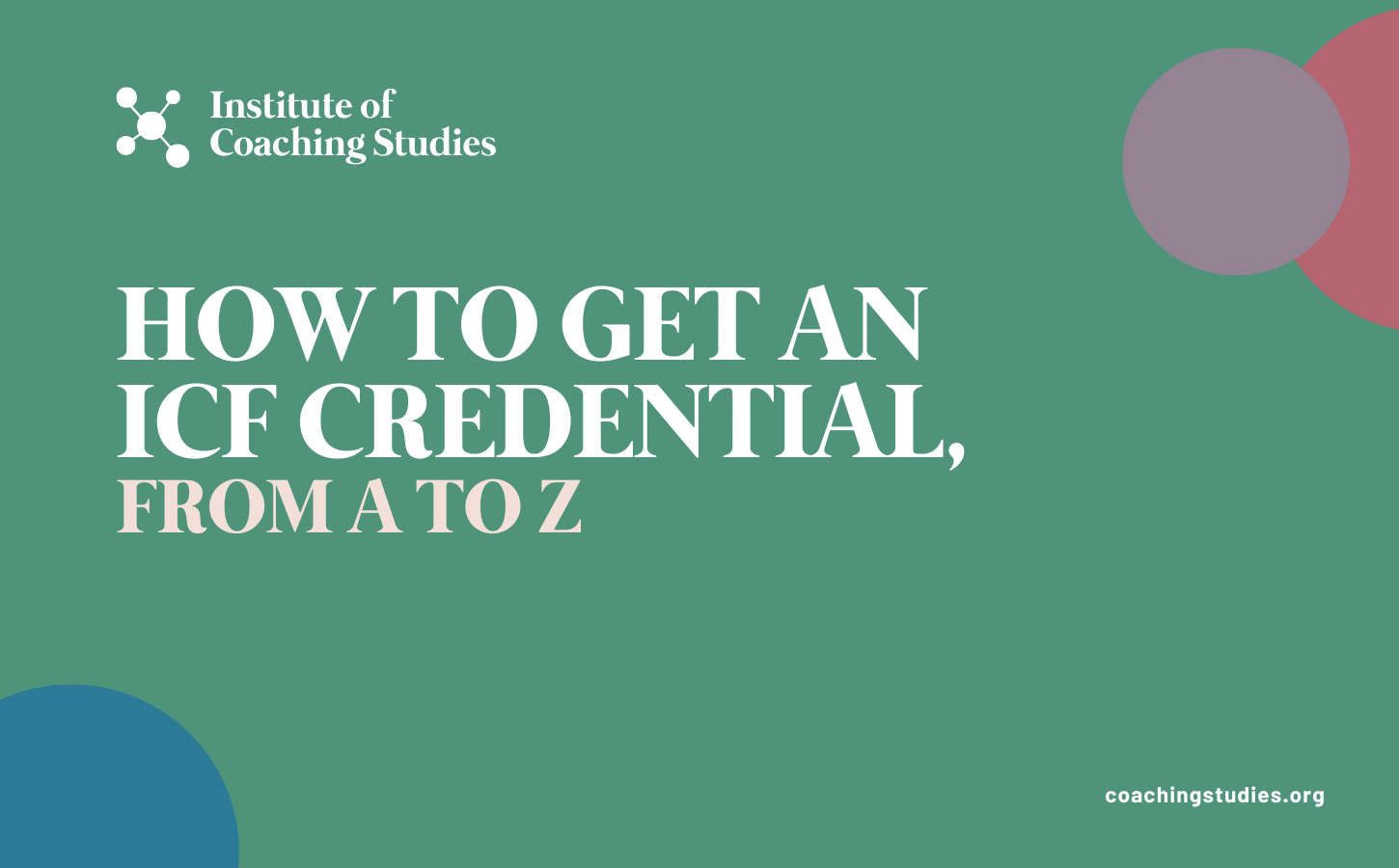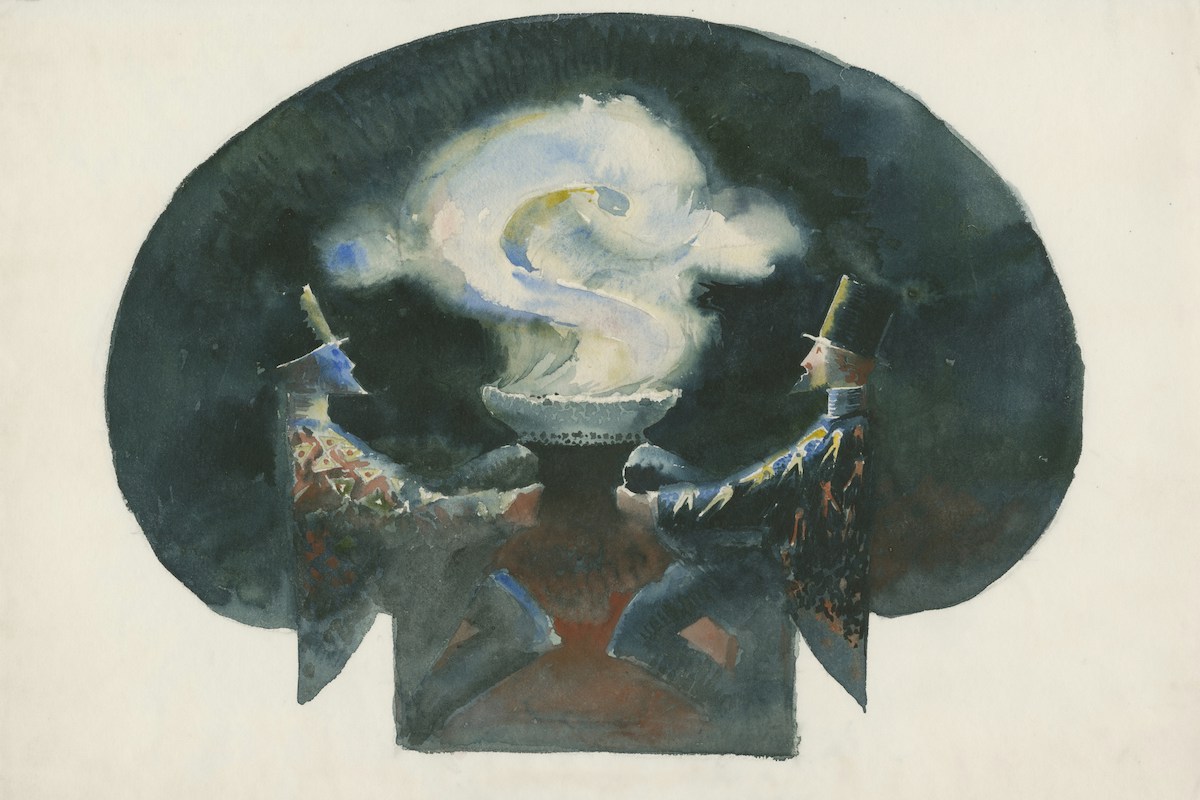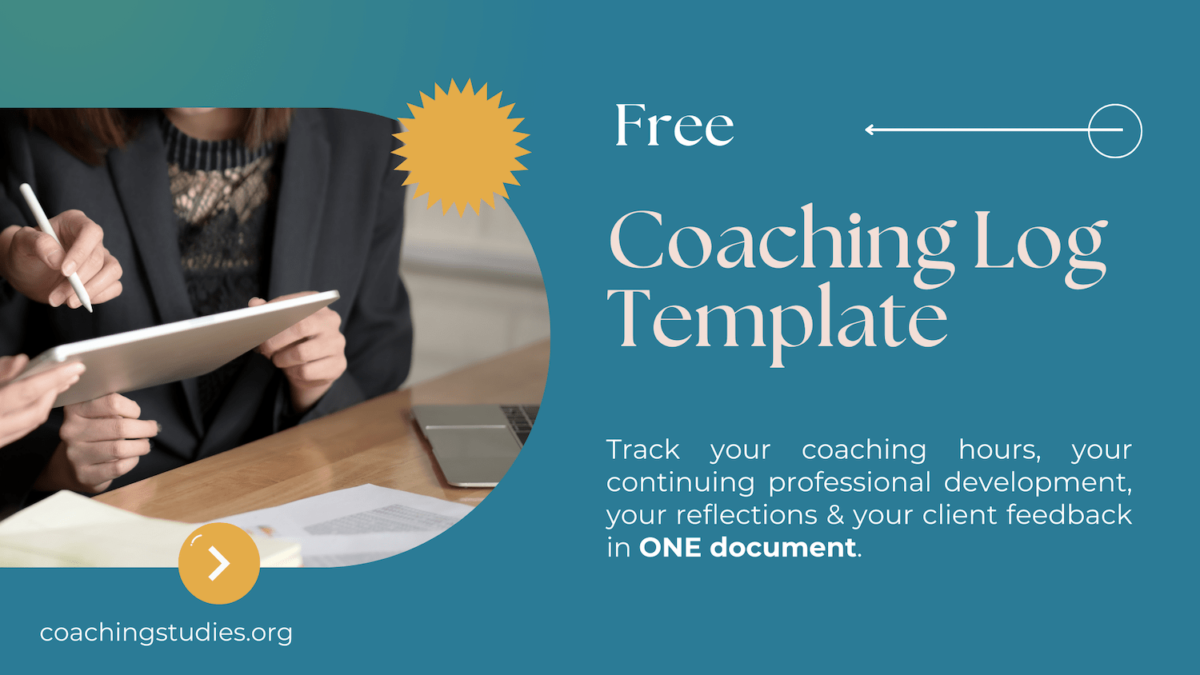Coaching is both a science and an art. Coaches can learn the foundational skills in training, but ultimately they need to go on the field and practice in order to get better at it. When coaches are just getting started, it may seem difficult to find clients. If you are aiming at an ICF credential, you will need a minimum of 100 hours of practice before you are able to apply for the accreditation.
This is a recurring question in the trainings we offer, so we wanted to share with you some tips on how to get your first 100 hours of coaching.
Make the most of probono hours
The ICF allows coaches to log a maximum of 25 hours of probono (= free) coaching for their first 100 hours of practice. This means you can do up to 25% of your first hours without charging your clients.
What is probono coaching? It is coaching sessions you facilitate as a volunteer or as a donation. With these free sessions, you do not expect any form of payment.
Probono sessions can be a great way to offer coaching to people who may not be able to afford it, or who would like to discover what coaching is before committing to a longer engagement with you.
Article 13 of the Section 2 of the ICF Code of Ethics states that coaches need to “assure consistent quality of coaching regardless of the amount or form of agreed compensation in any relationship.” This means that your coaching style and approach, and your commitment to provide value to your clients, should not depend on the amount you are charging them. As such, probono coaching is a great way to practice your coaching skills while serving people.
WHAT IS "PAID" COACHING
The ICF states that coaching is considered paid when:
- The coach receives payment from the client (payment may be in any amount, or barter of goods or services).
- The coaching is delivered as part of the coach’s employment (= internal coaching). Be mindful that coaching of direct reports (employees for whom the coach is an immediate supervisor) should not count as coaching hours.
- The coach is engaged in a paid contract (in any amount or barter of goods or services) with a third party (for example a company sponsoring coaching for their employees).
- The coach is engaged in peer-to-peer coaching with another coach, which means coaching in exchange for coaching.
The great news is that this allows you to be quite creative with how you are paid. For example:
- You can offer coaching to a professional who will provide a service to you (in your professional or personal life).
- You can offer clients a “pay as you want” programme where they decide, at the end of each session or at the end of the coaching engagement, how much they will pay you.
- You can ask clients to buy you a gift or a voucher.
- You can talk to your manager about allocating one or two hours of your work to coach people or teams in your organisation (not your direct reports).
- You can offer group coaching where you facilitate a conversation between participants who have set the agenda. Each participant can pay a small amount for each session or for the coaching engagement.
LOG YOUR HOURS AS YOU GO
We are sometimes told by participants of our programmes that they haven’t logged their coaching hours in a few weeks or months. This is a great way to forget sessions you have facilitated, or think that you have less hours than you actually have. We highly recommend to add all your sessions to your log on a daily or weekly basis to not omit any. The information that is required in the log:
- Client name
- Contact details (email address or phone)
- Individual session or group session
- Date of session
- Length (1 for an hour-long session, 0.5 for a 30-minute session)
- Paid or probono
Don’t forget to ask permission to your clients before adding them to your log.
PATIENCE IS KEY
Don’t despair if it takes you a long time to get to 100 hours. Getting started is always the hardest and it doesn’t mean that the following 100 will take as long. Set realistic expectations with yourself: it is rare that coaches reach 100 hours in just a few months if they don’t already have an established coaching practice.
Take your time, build connections around you, be an advocate for coaching to get people interested, trust the process to get there and learn as much as you can along the way.
LET'S STAY IN TOUCH
If you want to hear from us about all things coaching and not miss any new articles, sign up to our weekly newsletter below 👇
Thank you!
We hope you like the content we will share.
International Coaching Federation, https://coachingfederation.org/experience-requirements
Photo by LinkedIn Sales Solutions on Unsplash










